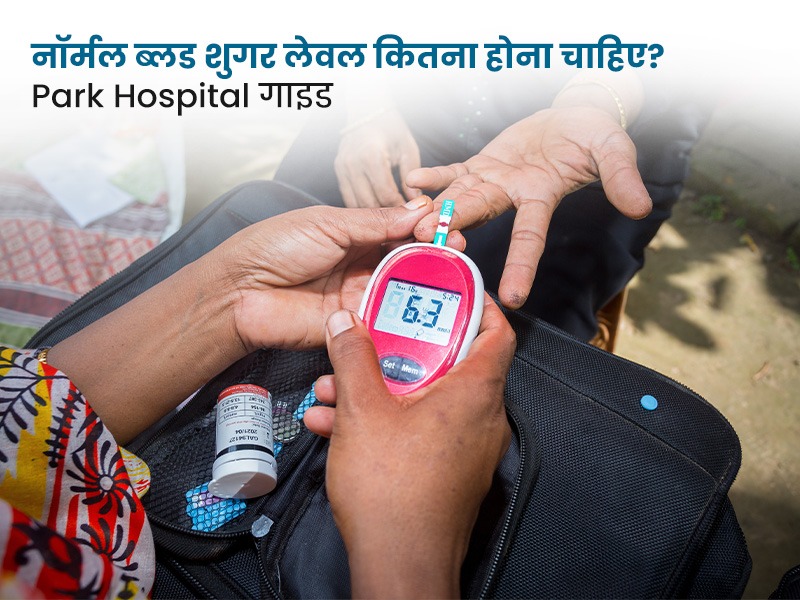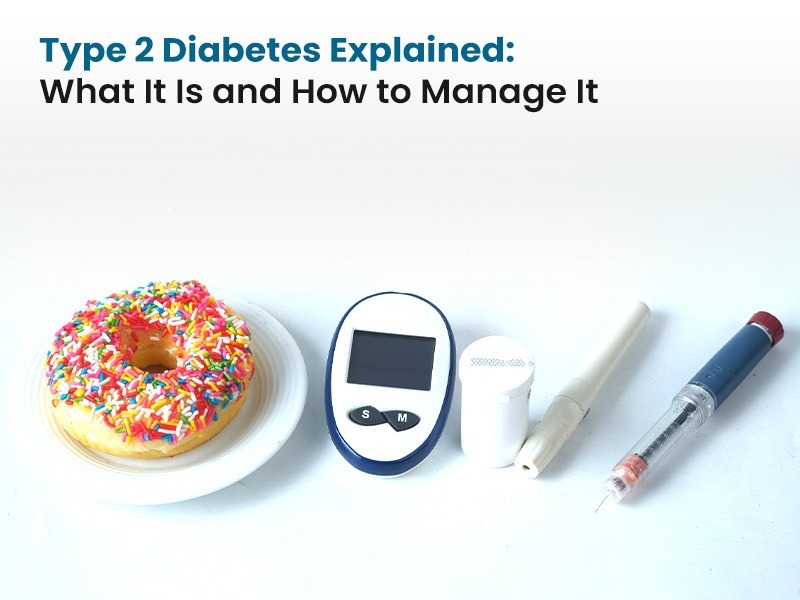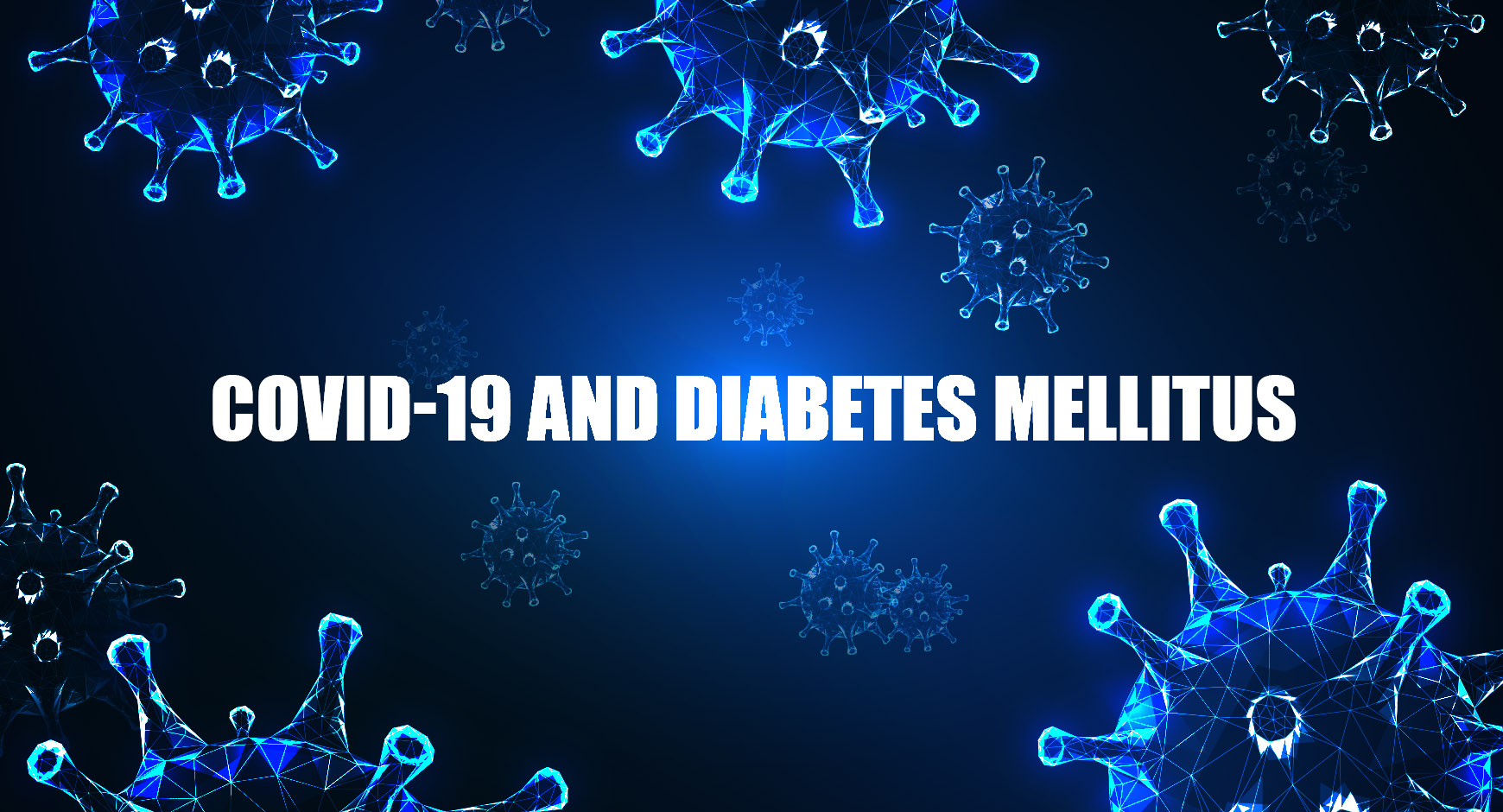Nestled in the front of your neck, the thyroid is a small, butterfly-shaped gland that plays a big role in how your body functions. It controls your metabolism, energy levels, heart rate, and even how your skin and hair behave. But here's something that might surprise you: thyroid problems are far more common in women than in men, especially between puberty and menopause.
So, why does this happen? And how do you know if your thyroid might be out of balance? Also, do you need an endocrinology treatment? Let's break it down.
Why Women Are More at Risk
Hormones. That's the short answer. Women experience more hormonal shifts throughout life — during puberty, pregnancy, irregular periods and menopause. These shifts can sometimes trigger thyroid disorders or make existing ones worse.
Autoimmune diseases are another big factor. Conditions like Hashimoto's thyroiditis and Graves' disease (which affect the thyroid) are also more common in women. These are autoimmune conditions, meaning the body's immune system mistakenly attacks healthy cells — in this case, the thyroid gland, bringing the probability of thyroid cancer.
There's also a genetic angle. If thyroid issues run in your family, your chances go up, too.
That's not it. Many of the health concerns are interrelated, raising the possibility of many conditions if thyroid problems aren't taken into account; a prominent one would be fluctuating glucose levels in the blood, as per the best diabetologist in Gurgaon.
The Two Most Common Thyroid Disorders in Women
The most common ones include hypothyroidism and hyperthyroidism.
1. Hypothyroidism (Underactive Thyroid)
This is when the thyroid doesn't make enough hormones. It slows things down in the body. Common symptoms include:
● Feeling tired all the time
● Weight gain (even when your diet hasn't changed)
● Dry skin and hair
● Feeling cold, even in warm weather
● Mood swings or mild depression
● Heavy or irregular periods
It's often caused by Hashimoto's thyroiditis, an autoimmune condition that gradually damages the organ, bringing in thyroid disorders.
2. Hyperthyroidism (Overactive Thyroid)
Here, the thyroid is overactive and produces too much hormone. That speeds up your body's systems. Signs include:
● Rapid heartbeat or palpitations
● Sudden weight loss
● Feeling anxious or irritable
● Trouble sleeping
● Sweating more than usual
● Lighter or missed periods
One common cause is Graves' disease, another autoimmune condition.
When to Pay Attention: Common Warning Signs
Some symptoms are subtle. Others are easy to blame on a busy lifestyle or an unaccountable one, including the absence of a nutrient-rich diet. But if you're noticing any of these issues consistently, it's worth speaking to your doctor:
● Unexplained fatigue
● Hair thinning
● Changes in your menstrual cycle
● Anxiety without an obvious cause
● Difficulty losing or gaining weight despite effort
● Puffy face or swelling in the neck
A simple blood test (TSH, T3, T4) can check your thyroid function and help to pinpoint at one, decreasing the vagueness between hypothyroidism and hyperthyroidism. It's quick, non-invasive, and could offer answers you've been searching for.
Life Stages and Thyroid Risk
Certain times in a woman's life increase the chances of thyroid problems and interdependent ones, as the best diabetologist in Gurgaon suggests:
During Pregnancy: Thyroid disorders can affect both the mother and baby. Untreated thyroid issues may lead to complications like pre-eclampsia or premature birth.
After Childbirth: Postpartum thyroiditis can show up within a year of delivery. It may start with symptoms of hyperthyroidism and later shift to hypothyroidism.
Around Menopause: The overlap of symptoms between menopause and thyroid dysfunction (like fatigue, weight changes, and mood swings) often leads to confusion. That's why testing can be useful.
What You Can Do
1. Know Your Family History
If thyroid problems run in your family, mention it during check-ups. It can help your doctor decide when to test.
2. Don't Ignore Persistent Symptoms
If something doesn't feel right, don't brush it off. Tiredness, mood changes, or menstrual irregularities can be signs of more than just stress.
3. Regular Screenings After 30
Routine checks aren't always suggested, but if you're over 30, have a family history, or had a recent pregnancy, getting tested can offer peace of mind.
4. Eat a Balanced Diet
Certain nutrients like iodine, selenium, and zinc support thyroid function. While you don't need to obsess over them, a balanced diet with whole foods, lean proteins, and healthy fats can help keep your thyroid in good shape.
Living Well with Thyroid Disorders
The good news? Thyroid problems are very manageable. With the right diagnosis, you can get on track with medications like levothyroxine (for hypothyroidism) or other treatments for hyperthyroidism, if required, endocrine treatment. Lifestyle tweaks, stress management, a nutrient-rich diet, and keeping up with follow-ups can make a huge difference.
It's not about being perfect — it's about paying attention to what your body is trying to tell you to eliminate the possibility of issues like thyroid cancer.
Final Thought
Thyroid problems in women are common, but they're not always talked about openly. That's why recognising the signs, asking the right questions, and getting tested when something feels off is so important. You don't have to accept feeling constantly tired, anxious, or not quite yourself.
A simple test at Park Hospital could be the start of feeling more like you again.
Frequently Asked Questions
1. Why are thyroid problems more common in women than in men?
It's largely hormonal. Oestrogen can affect how the thyroid works, making women more prone to issues, especially during puberty, pregnancy, or menopause. Plus, autoimmune thyroid conditions are more common in females. That sensitivity can make the thyroid more vulnerable, bringing in the possibilities of hypothyroidism and hyperthyroidism.
2. What are the most common thyroid disorders in women?
The big ones are hypothyroidism and hyperthyroidism. Then there's Hashimoto's thyroiditis and Graves' disease, both autoimmune. Each messes with your metabolism in its own way.
3. What are the early warning signs of thyroid problems in females?
Feeling unusually tired? Gaining or losing weight without trying? Hair thinning, dry skin, mood swings or irregular periods? These aren't just random annoyances—they can be early thyroid alarms. Your body often whispers before it screams.
4. Can thyroid problems affect periods and fertility in women?
Absolutely. Thyroid hormones help regulate the menstrual cycle and ovulation. When they're off, your periods may get irregular, heavier, or disappear altogether. Fertility may take a hit, too. Thinking of starting a family or struggling with cycles? A thyroid check might give you some answers.
5. What lifestyle changes can help women manage thyroid disorders?
A nutrient-rich diet balanced in iodine, selenium and zinc can support thyroid health. Regular movement, good sleep, and stress management matter, too—yes, cortisol plays a role. Ditch smoking, go easy on soy, and don't skip your meds. It's all about tuning into your body and treating it kindly.













